At first glance, Barefoot Contessa host Ina Garten gives the impression of someone from a family of home-cooked traditions. Though the cook, who refuses the title of Chef since she has no technical training, exudes the prowess of someone raised near a stove, Garten’s parents were far from cozy.
The nearly 80-year-old Ina Garten (née Rosenberg) was banned from her mother’s kitchen as a child. Though being a restauranteur runs in the family – her paternal grandfather invested in a candy shop when he emigrated to the States from Russia – her chosen profession was a labor of love taken on by Garten alone. Her carefully constructed labors of love, showcased weekly for nearly 2 decades, give no clues to the cold and abusive upbringing that time and time again tried to crush her spirit.
Who was Ina Garten’s father?
Ina Garten’s father, Charles H. Rosenberg, was a no-nonsense surgeon specializing in Otorhinolaryngology, also known as an Ears, Nose, and Throat (ENT) specialist. Garten described her childhood as the picture of mid-century suburban prosperity, but underneath, it was far from perfect. “I remember being terrified of my father,” she told The New Yorker. Her mother maintained a strict household to avoid sending Charles into what Garten describes as “temper tantrums,” rages that led Charles to scream at and hit his children.
The Barefoot Contessa host recalls her father’s cruelty well, admitting that when he lost his temper, “he would drag me around the house by my hair.” While he never sexually abused her, Garten believes that he had a “love-hate relationship” with her. “I think he loved me, but he wanted me to be who he wanted me to be, without any consciousness of who I am.” Garten admits that she stayed in her room “to stay safe,” and that as a child she “remember[s] thinking he was going to kill me.”
Despite the negative interactions that had colored much of her early life, Garten eventually found peace with her father. Though Charles had doubted and disapproved of her decision to become a cook, as her success came sweeping in, he showed off her skills to friends.
In 2001, after Barefoot Contessa premiered on The Food Network, Charles hosted a party at his Connecticut country club. Garten remembers sitting in a corner when her father abruptly told her, “I don’t know what I was thinking.” She says he was “torturing himself,” and that she realized, “he tortured us, but he was torturing himself that he’d done it.”
Her father passed two years later, in 2004.
Who was Ina Garten’s mother?
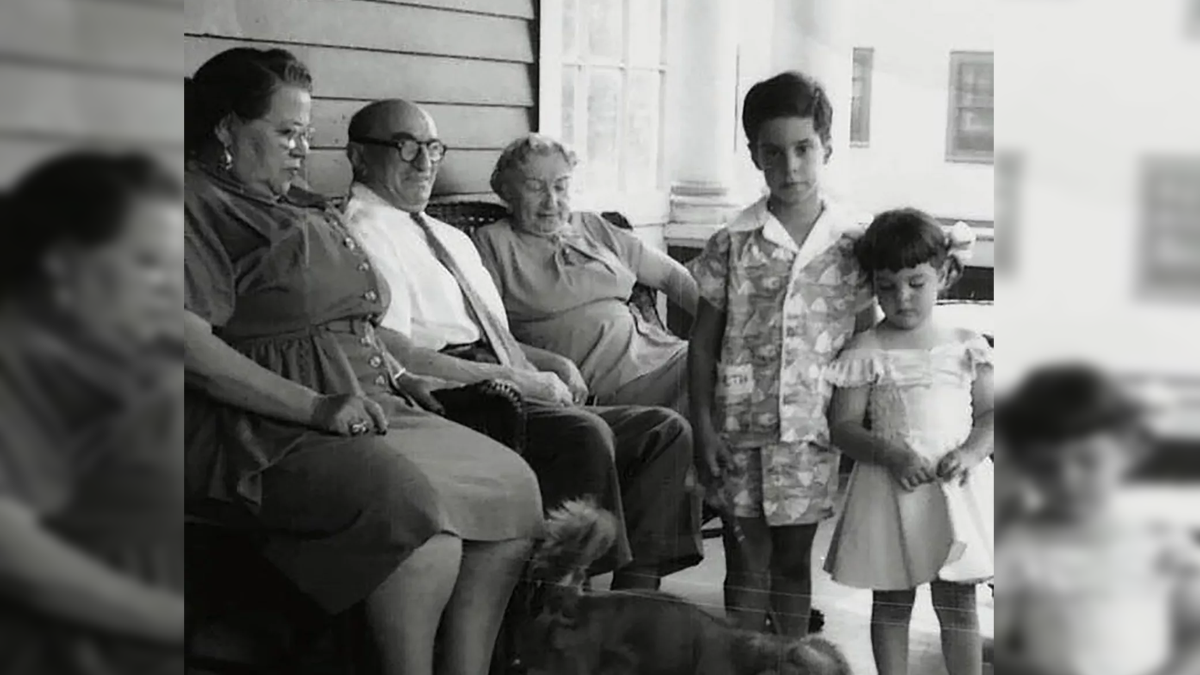
If Ina Garten is the funny, warm, and rich aunt we all wanted as children, her mother was the opposite. Florence Rosenberg was a dietitian and a socialite, and according to her daughter, she “didn’t understand pleasure.” Her profession meant food was purely sustenance, never containing carbohydrates or capping with dessert. After Charles had a heart attack in his forties, cholesterol was struck from the list as well. “It was boiled chicken” and “canned peas.”
For Florence, it was all about getting food on the table, and Garten says she was “very extreme” in her view of food. Per Today, “Even little joys like peanut butter and jelly sandwiches were ‘forbidden.’” Even family outings like museum trips weren’t “done with joy or warmth.” It led Garten to question whether or not her mother was even capable of loving her children or forming relationships.
“I think that scared her,” she told Today, “I can really empathize with how scary that is — to try and have a relationship. But as a child, it was very hard to have a mother you couldn’t have a relationship with.” Theirs was a family with “no hugs and kisses,” though Garten has a solid sense of humor about the neglect.
Florence was a blunt woman, always telling her daughter exactly how she felt about a situation. When Jeffrey proposed, Garten recalls her mother walking into the room and immediately saying that the marriage was, “a terrible idea.” It was the first time Garten remembers telling her mother, “I don’t care what you think.”
It wasn’t the only time Florence resisted Garten’s call to success. When Garten was first tapped to work with Martha Stewart, her mother was less than impressed. She remembers her asking, “Why does she want you?” Florence passed in 2006.
Seeing where she came from, it’s not hard to understand why Garten has problems accepting the amazing things she’s done with her life. In 2010, while receiving the New York Women in Communications Matrix Award, Garten rushed through her speech, chalking her success up to luck. When she took her seat next to Oprah Winfrey, the talk show host smacked her on the arm, “in front of like 2,000 people and said, ‘You make your own luck.'” Garten insisted her career boiled down to luck, prompting Winfrey to slap her again, with a laugh Garten couldn’t help but accept that it was her own hard work that had brought her so much success in life.
The idea continued to grow over the years, “I had always felt like I was really lucky, and in looking back and connecting the dots by writing a memoir, I realized I’d actually done a lot of work to be ready,” she told People.
Though her parents were cold, Garten’s paternal grandparents were a beacon of warmth and a crucial model for loving, healthy relationships, something she emulated when she launched the Food Network show, Be My Guest. The show, she told Today, was built around a concept meant to satiate “her younger self’s craving for connection.”
Garten admitted in her memoir, Be Ready When the Luck Happens, that meeting her husband of nearly 60 years was the start of a new life. He encouraged her to live on her terms, to have her own life, and to figure out exactly what she wanted to do free from her parents’ shadows. “The life that I wanted to live, that’s when it started.” And home cooks have been grateful ever since.

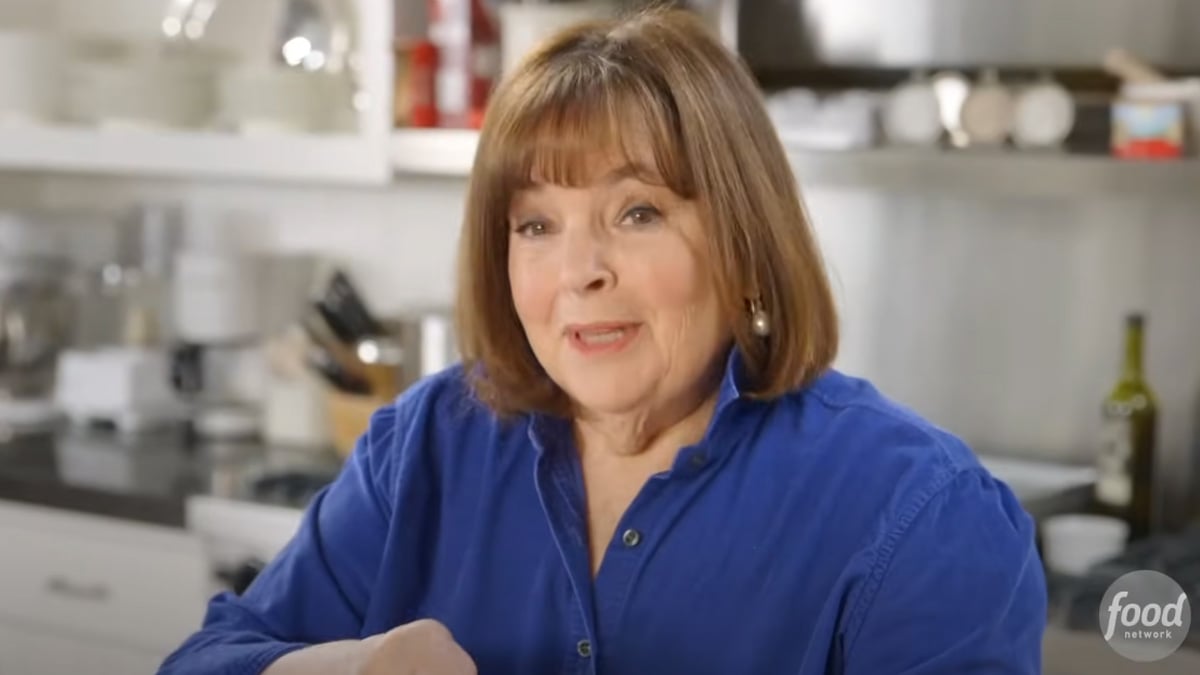





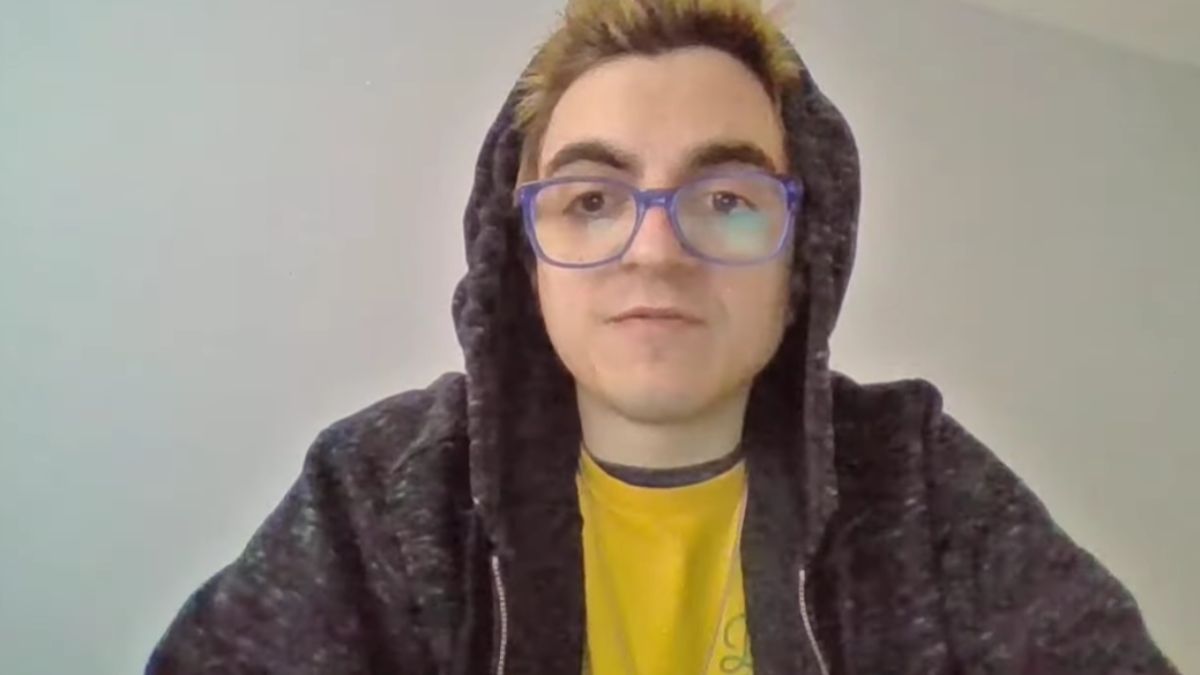
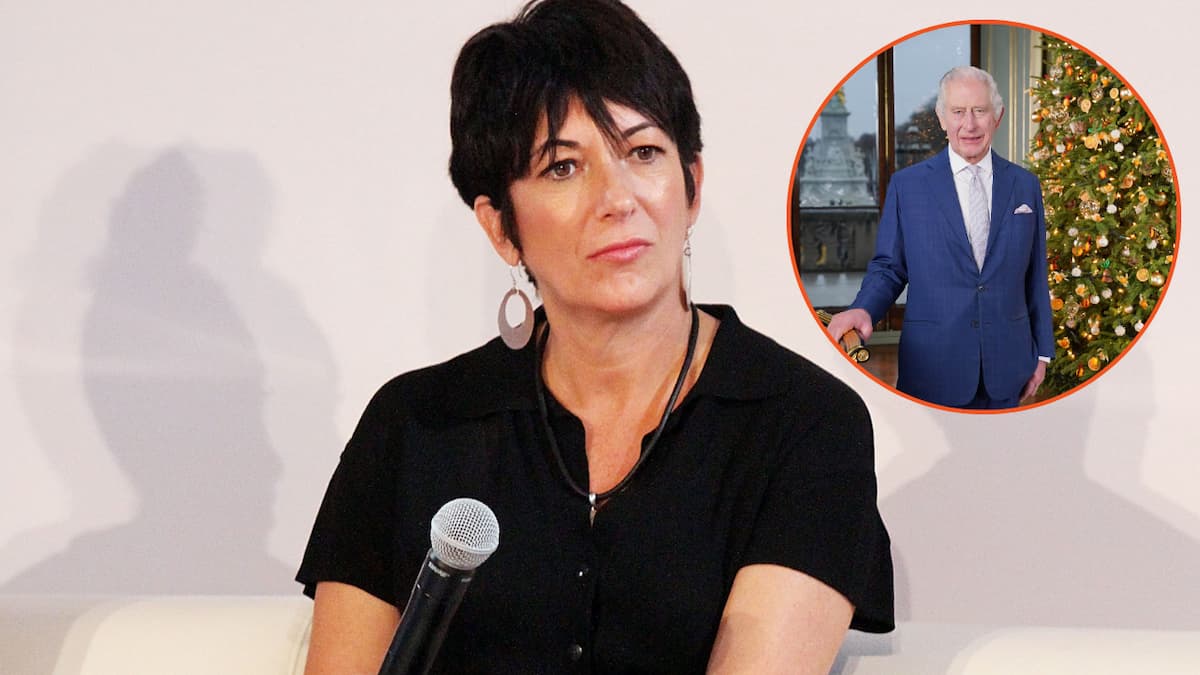
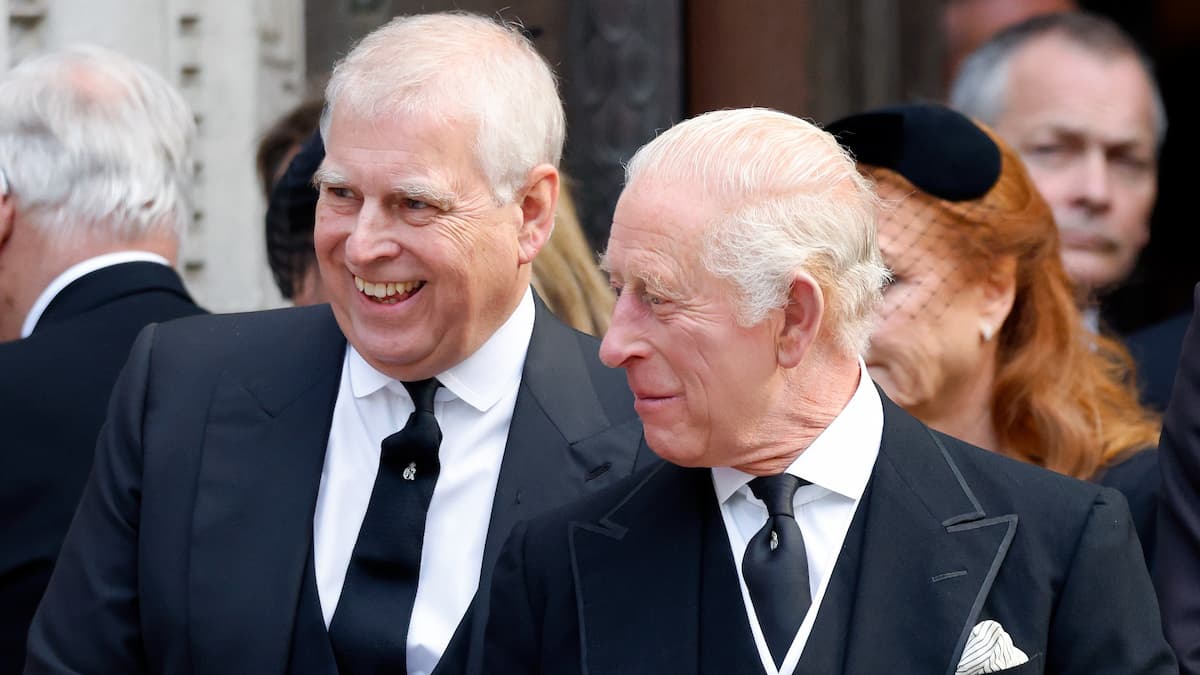


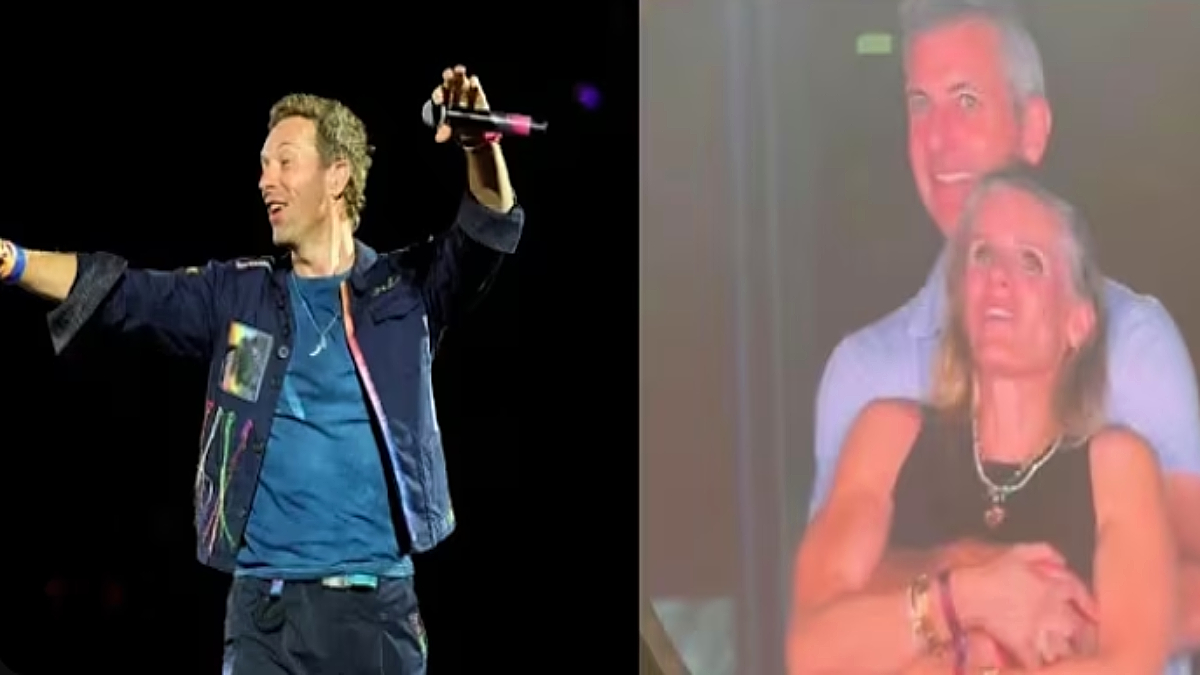
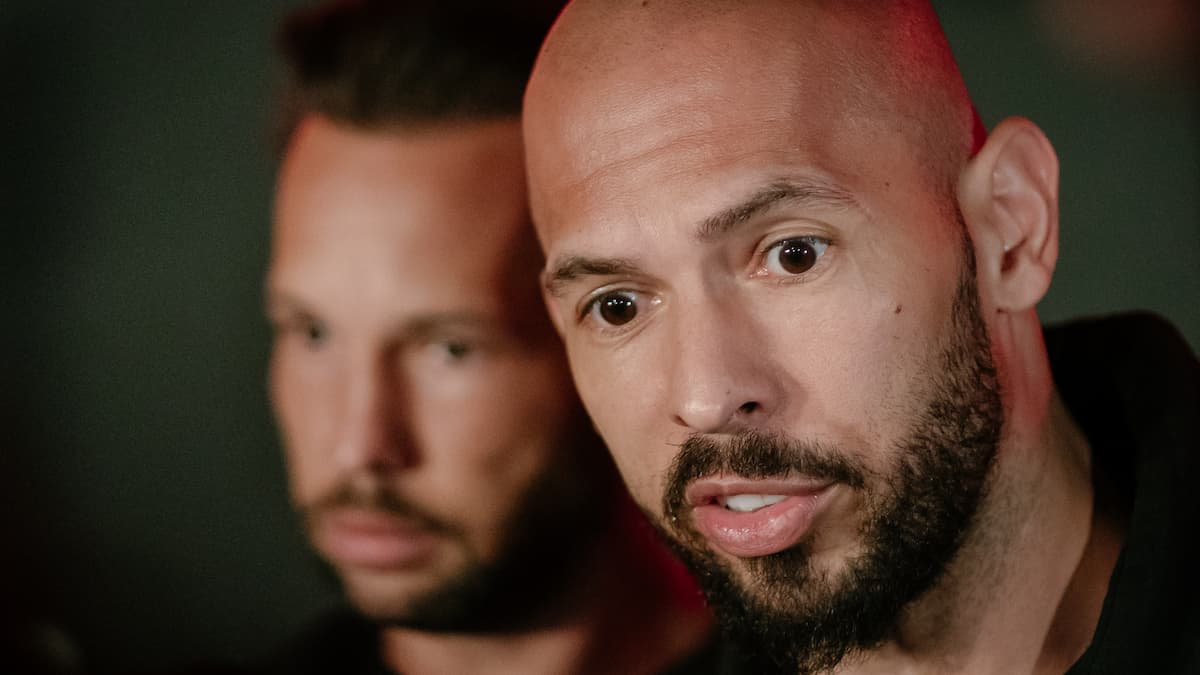

Published: Oct 1, 2024 02:21 pm